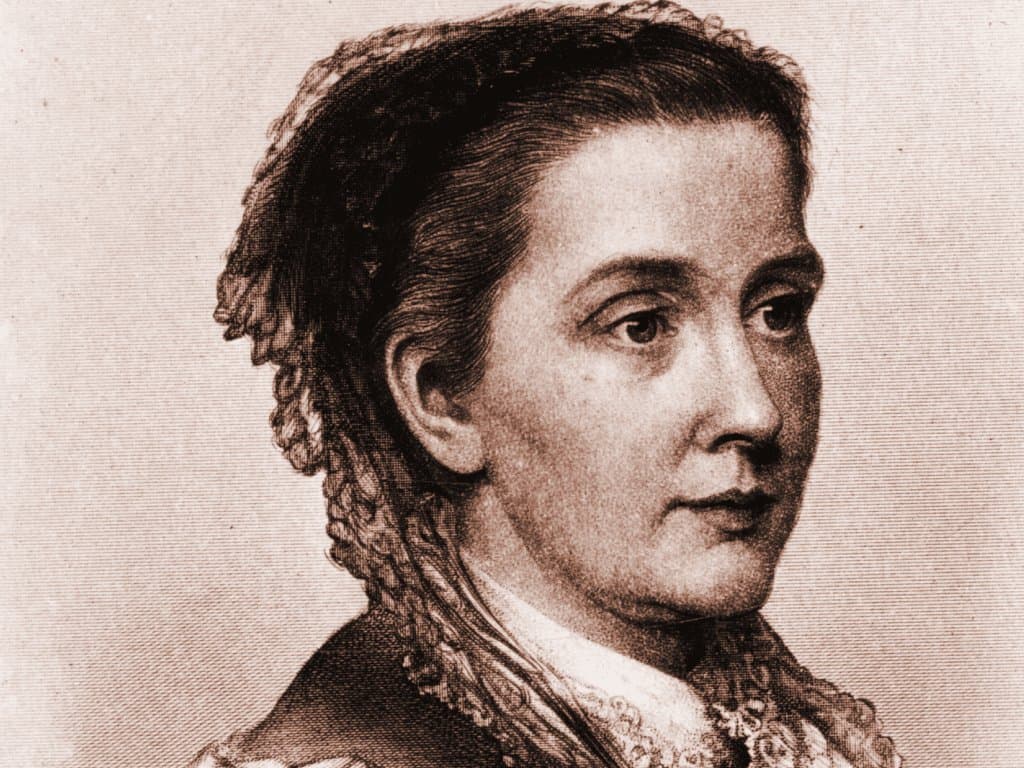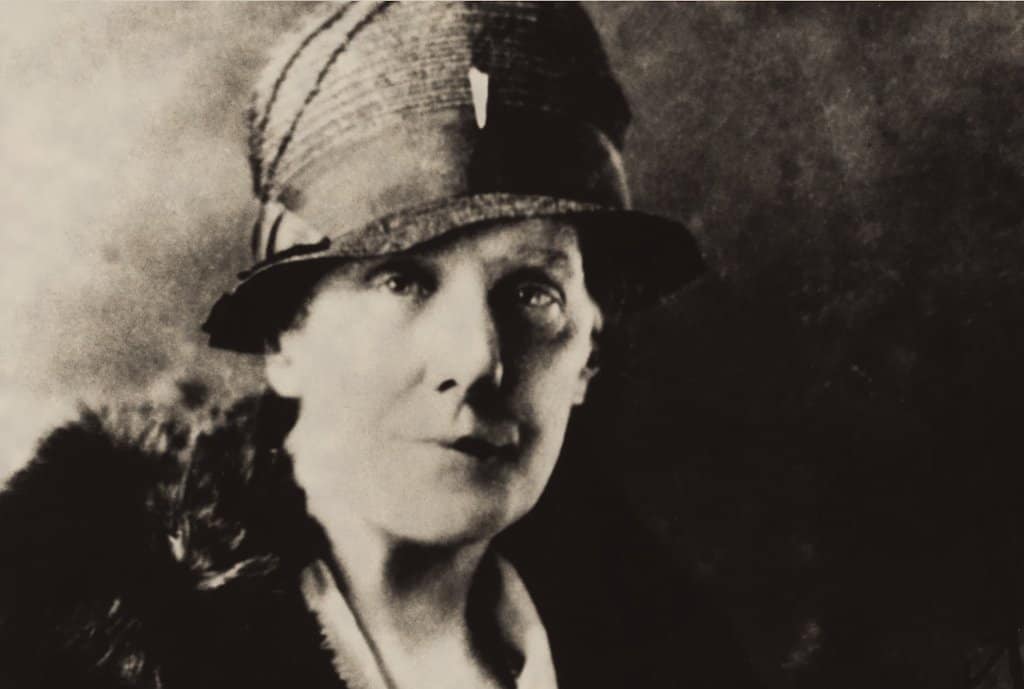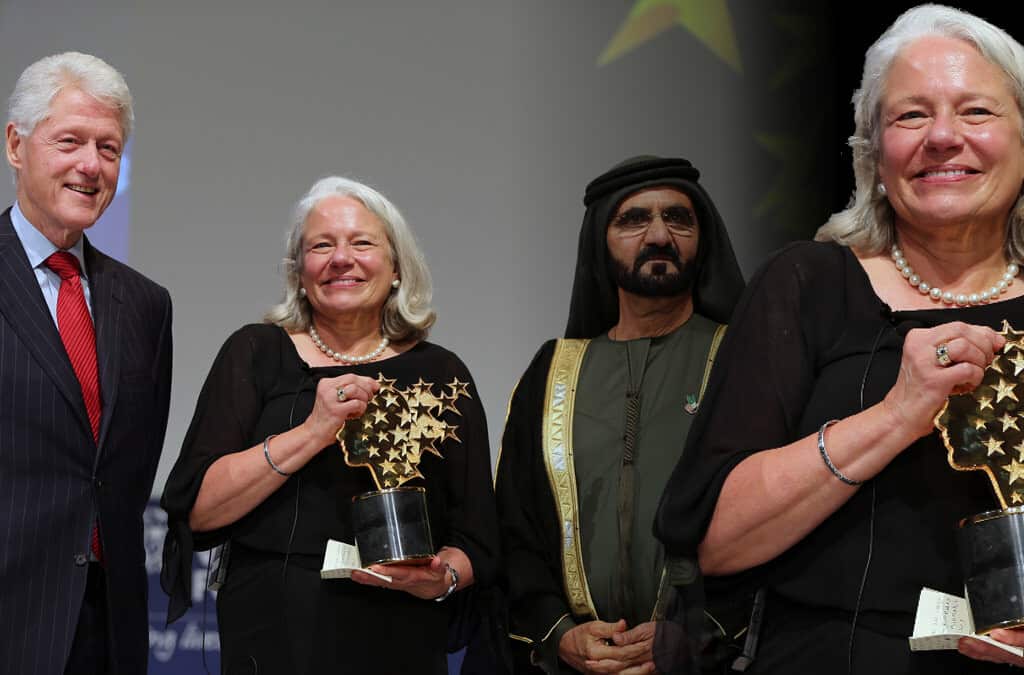The Origin of Mother’s Day: The Ancient ‘Sunday of Serving Mother’ in England
In the 17th century a celebration similar to today’s Mother’s Day emerged in England: “Mother’s Day Sunday”.
Although it was originally intended for mothers of servants, allowing them to receive visits from their families and children, over time it was extended to all mothers, regardless of their social class.
This particular day, which was commemorated on the fourth Sunday of Lent and is still celebrated today was especially significant for the servants of wealthy families.
It was the only time in the year when they were allowed to take time off work to visit their mothers without the risk of losing their salary, an exception that was not granted under any other circumstances.
During this time, the English custom of giving mothers the so-called “mother’s serving cake” emerged as a cake filled with fruit that became the traditional gift for mothers at the time.
This sweet was served during the snack, accompanied by a sweetened cereal dish known as “frumenty” which delighted the whole family.
Thus, from its historical roots in the old English, “Sunday of Serving Mother”, Mother’s Day has evolved into a global celebration that honors and recognizes the unconditional love and dedication of mothers in all societies and cultures.
The Birth of Mother’s Day in the United States: Julia Ward Howe’s pacifist vision
It was in the United States that the first idea of establishing a day dedicated to mothers was conceived and it dates back approximately to the year 1872.
The person responsible for this proposal was Julia Ward Howe, a heroic, pacifist and abolitionist woman, who urged mothers to unite against wars, moved by the horrors experienced during the Franco-Prussian war.
In her call known as the “Mother’s Day Proclamation”, Howe called for the creation of an International Women’s Congress in favor of peace.
Although her initial proposal was not widely accepted, she managed to hold a women’s meeting three years later in 18 cities in the United States, in commemoration of Mother’s Day.
This event marked the beginning of the celebration of Mother’s Day in the United States and laid the groundwork for global recognition of the importance and maternal love in all cultures.
Women Who Marked Mother’s Day History: Julia Ward Howe and Anna Marie Jarvis

Julia Ward Howe, born on May 27, 1819, and died on October 17, 1910, was a leading figure in the history of Mother’s Day.
However, it was another American woman, Anna Marie Jarvis, born on May 1, 1864, in Webster, West Virginia, who became the main driver of this celebration.
Anna Jarvis, very close to her mother Ana María Reeves Jarvis, felt a deep sorrow after her death in Grafton, West Virginia. That’s when Anna realized that children don’t usually appreciate their mothers while they’re alive and decided to take action.
In the hope of encouraging respect for parents and strengthening family ties, Anna began sending letters in 1905 to politicians, lawyers and influential people calling for the institution of a Mother’s Day to be celebrated on the second Sunday of May.
By 1910, it was already being celebrated in many states of the Union and in 1912 it succeeded in creating the International Mother’s Day Association to promote its initiative.
It was in this association that the tradition of giving away red and white carnations emerged, the first being symbols of living mothers and the second of those who had already left.
In 1914, the United States Congress officially approved Mother’s Day and declared it a national holiday backed by President Woodrow Wilson.
This initiative quickly spread to other countries and today more than 40 nations around the world celebrate Mother’s Day on similar dates. The contributions of Julia Ward Howe and Anna Marie Jarvis live on in history reminding us of the importance of honoring and appreciating mothers around the world.
The Legacy and Challenges of Mother’s Day: The Story of Anna Marie Jarvis
Anna Marie Jarvis, a central figure in the history of Mother’s Day saw her holiday being distorted and turned into a mere commercial event which led her to take drastic action.
In 1923, he filed a lawsuit to remove the date from the official holiday calendar seeking to preserve the true origin and purpose of the celebration. However, their struggle backfired.
During a meeting of mothers of soldiers selling white carnations, the symbol that Jarvis had promoted, she was arrested for riots. Paradoxically, Anna was fighting the same idea that she herself had promoted and lost the support of those who originally accompanied her in her cause.
In an interview before her death, Jarvis expressed regret for having promoted Mother’s Day since she never imagined that this date would be used for commercial purposes instead of maintaining the purpose she had idealized.

Anna Marie Jarvis died on November 24, 1948 in West Chester, Pennsylvania, United States, leaving a mixed legacy in the history of this celebration.
Despite the challenges and commercialization that surrounded Mother’s Day, it’s important to recognize that every day we must honor and show respect and love to those who give so much for their children.
While establishing a special day invites us to reflect on the fundamental role of women as pillars of the home, we must also remember those single mothers separated from their children, who on this date could find comfort and be remembered by those who love them.
Although most European countries celebrate Mother’s Day on the first Sunday in May, the dates vary in different parts of the world.
In the United States and Germany, it is celebrated on the second Sunday of May while in Latin American countries there are also variations. In Mexico, for example, it is celebrated on May 10.
The story of Anna Marie Jarvis invites us to reflect on the true meaning of this celebration and to value the love and sacrifice of our mothers every day of the year…




